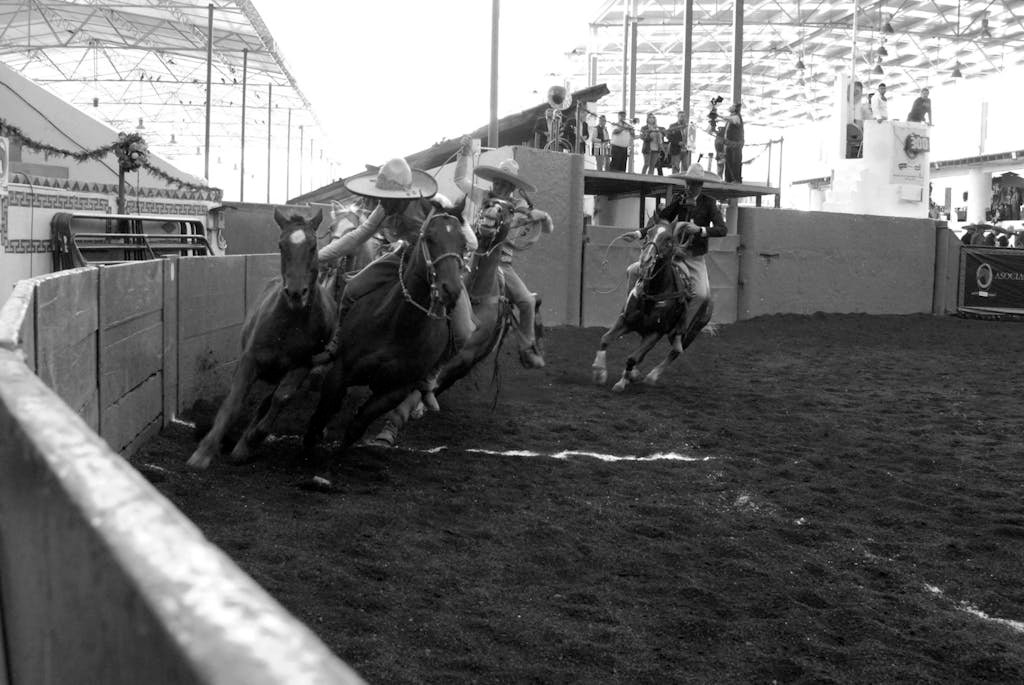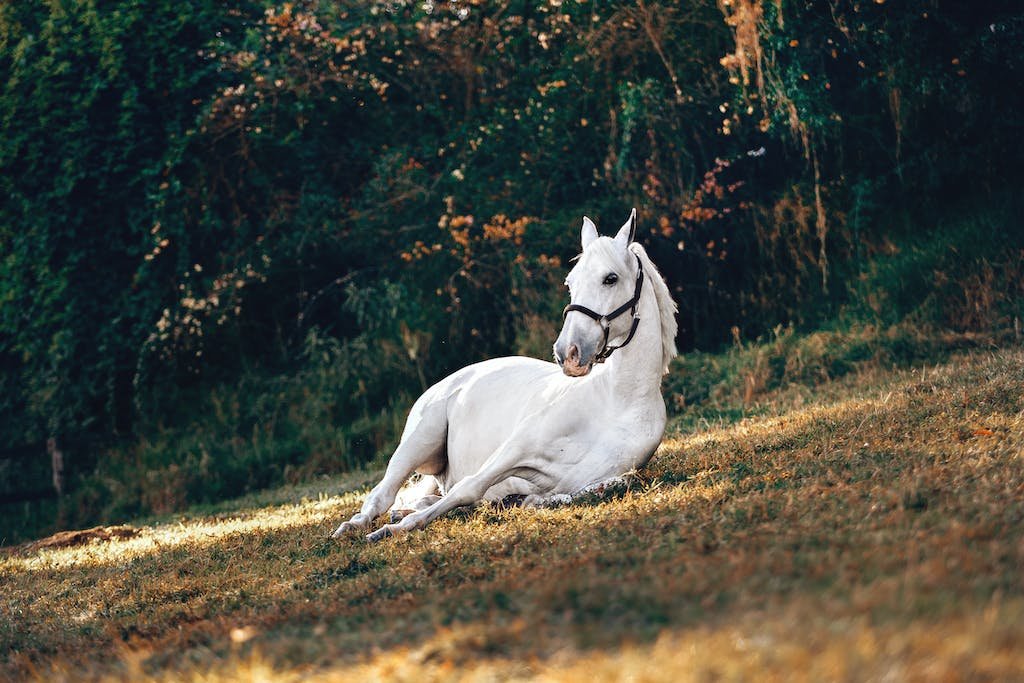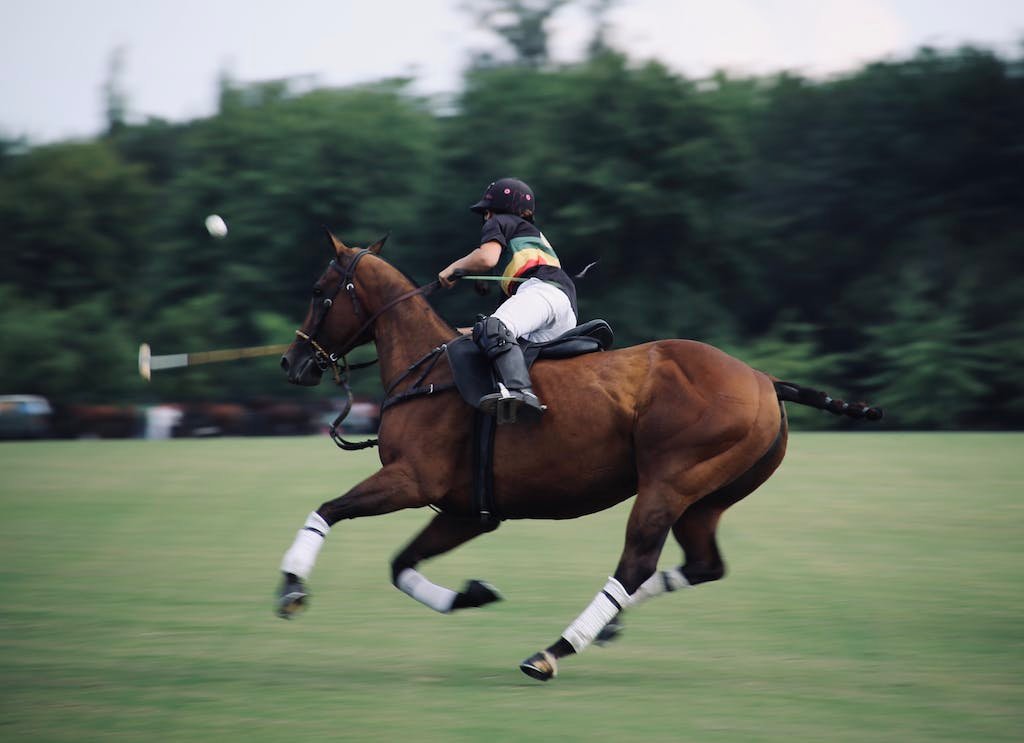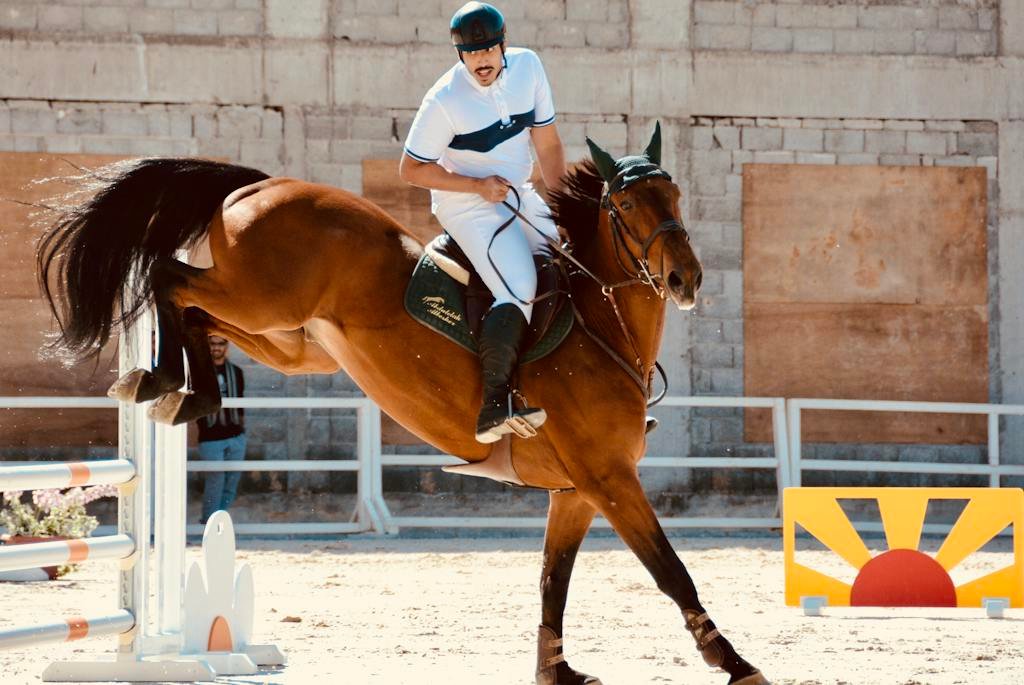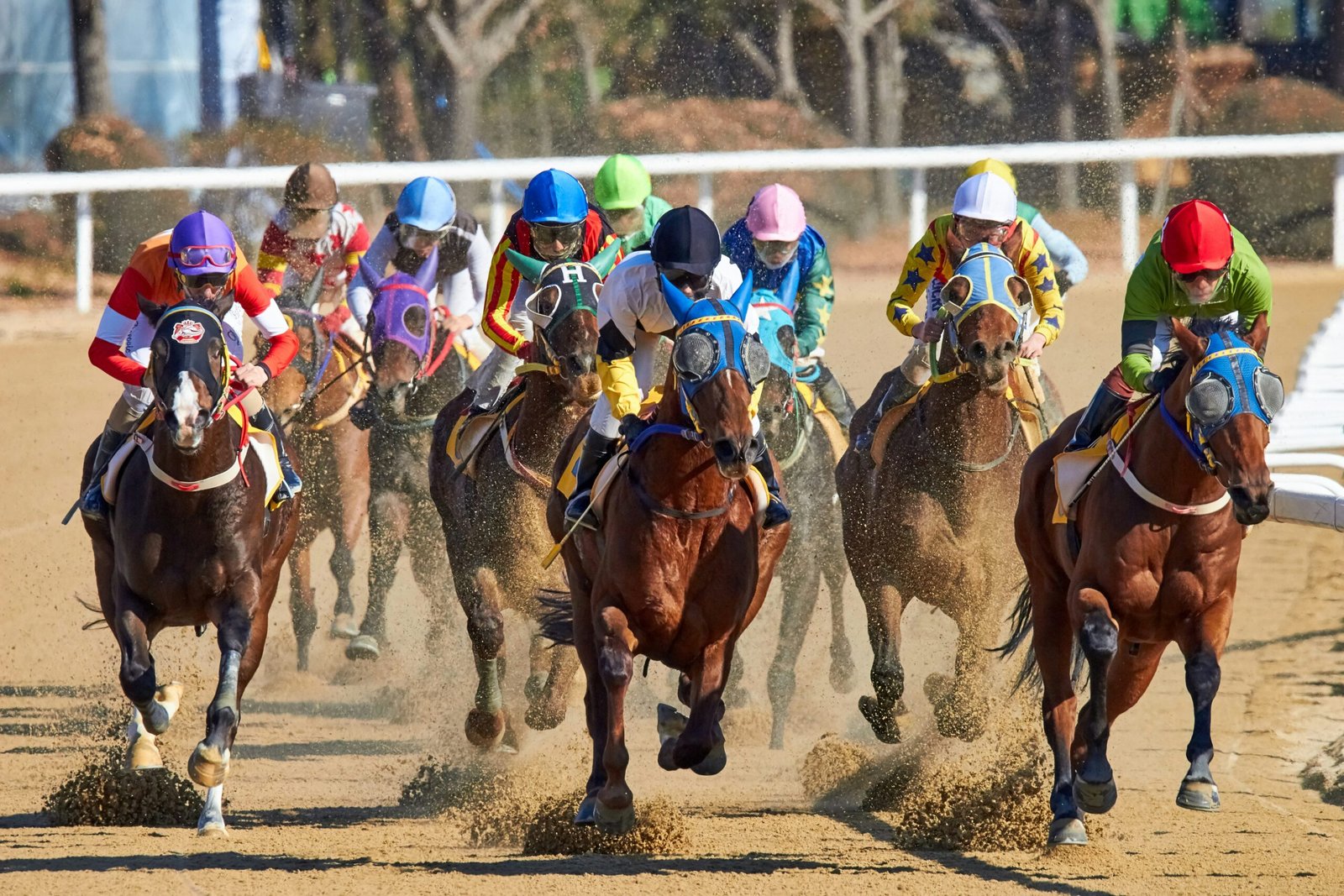Grand National Horses: Examining Training Techniques for Success
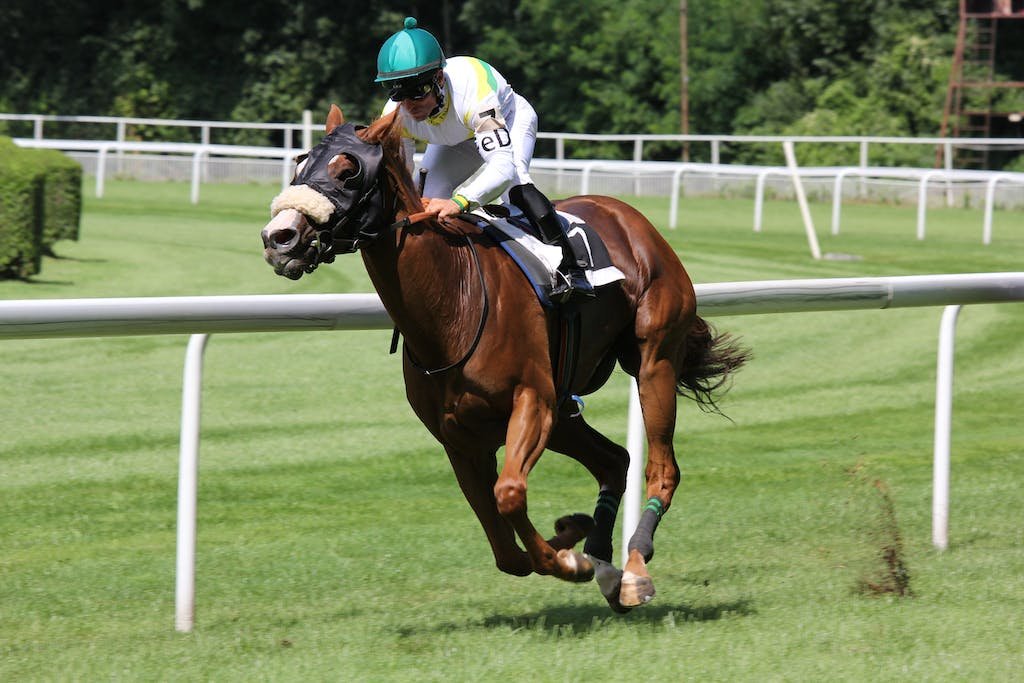
The Grand National is one of the most prestigious and challenging horse racing events in the world. With its demanding course and formidable obstacles, only the best-trained horses have a chance at success. In this article, we will explore the training techniques that are crucial for preparing Grand National horses for this grueling race.
Physical Conditioning
Physical fitness is paramount for Grand National horses. These athletes need to have exceptional cardiovascular endurance, strength, and agility to navigate the demanding course. Trainers employ a variety of techniques to condition their horses.
Long-distance gallops are a key part of the training regimen. Horses are gradually built up to running several miles at a steady pace. This helps to improve their stamina and cardiovascular fitness. Interval training, where horses alternate between fast and slow paces, is also used to enhance their speed and endurance.
In addition to gallops, horses undergo regular schooling over obstacles. This helps them develop the necessary jumping technique and coordination. Trainers carefully select and vary the types of fences and obstacles to mimic the challenges they will face in the Grand National.
Mental Preparation
While physical conditioning is crucial, mental preparation is equally important for Grand National horses. The race is not only physically demanding but also mentally challenging, with its unique atmosphere and crowd noise. Horses need to be calm, focused, and able to handle the pressure.
To prepare mentally, horses are exposed to different environments and situations. They are taken to racecourses to familiarize themselves with the sights and sounds they will encounter on race day. Trainers also simulate the race atmosphere by using loudspeakers and crowds during training sessions.
Another technique used is desensitization training. Horses are gradually introduced to potential distractions, such as flags, umbrellas, and noise-making objects. This helps them become more confident and less reactive to unexpected stimuli.
Nutrition and Rest
A balanced diet and proper rest are essential for the overall well-being and performance of Grand National horses. Trainers work closely with equine nutritionists to develop customized feeding plans that meet the specific needs of each horse.
High-quality forage, such as hay and grass, forms the foundation of the horse’s diet. This is supplemented with concentrated feeds that provide the necessary vitamins, minerals, and energy. The timing and composition of meals are carefully regulated to ensure optimal digestion and nutrient absorption.
Rest and recovery periods are equally important. Horses need time to recuperate after intense training sessions. They are given regular breaks from training to allow their bodies to repair and rebuild muscle tissue. This helps prevent overexertion and reduces the risk of injury.
Regular Veterinary Care
Regular veterinary care is crucial for maintaining the health and well-being of Grand National horses. Trainers work closely with equine veterinarians to monitor the horses’ overall health, identify any potential issues, and provide appropriate treatment.
Veterinarians conduct regular check-ups, including physical examinations and blood tests, to ensure that the horses are in optimal condition. They also provide vaccinations and deworming treatments to protect against diseases.
Additionally, horses receive routine dental care to maintain proper dental health, which is essential for effective chewing and digestion. Regular farrier visits are scheduled to ensure the horses’ hooves are properly trimmed and balanced.
Conclusion
Preparing Grand National horses for success requires a combination of physical conditioning, mental preparation, proper nutrition, and regular veterinary care. Trainers employ a range of techniques to build the horses’ physical fitness, enhance their mental focus, and provide them with the necessary support for optimal performance. With meticulous training and care, these exceptional athletes are ready to tackle the challenges of the Grand National and compete at the highest level.

